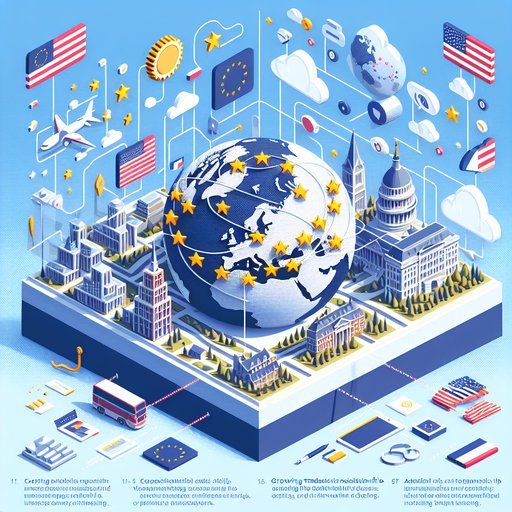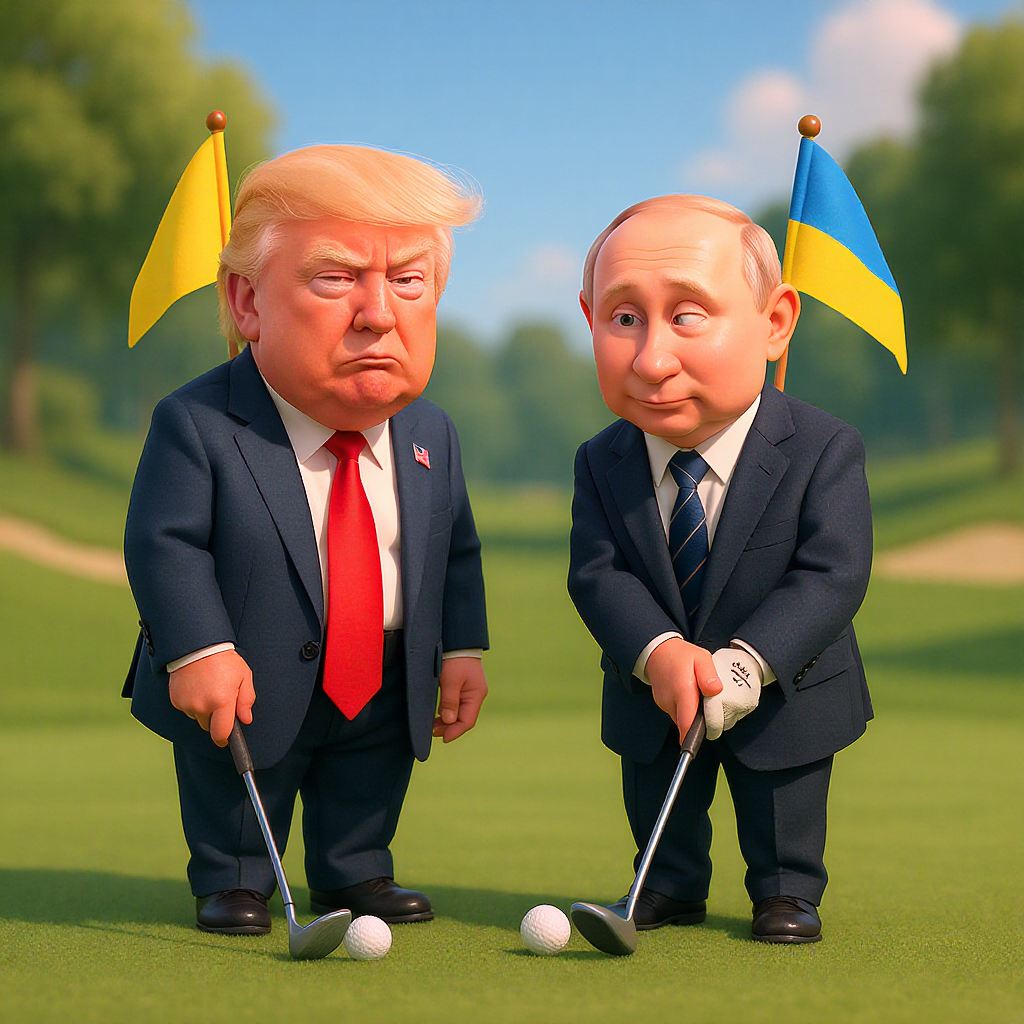
In a significant shift towards modernizing military leadership, the Pentagon has announced a 20% reduction in the number of top officers. This decision, made by the Pentagon Chief, aims to streamline operations and enhance efficiency within the armed forces. As the military landscape evolves, this move reflects a growing recognition of the need for adaptability and responsiveness in leadership roles. The implications of this decision could resonate beyond the Pentagon, influencing military strategies and organizational structures worldwide.

As of May 2025, China's economy is witnessing a remarkable transformation, characterized by soaring currencies and a burgeoning digital marketplace. This shift not only reflects the resilience of the Chinese economy but also highlights the strategic adaptations of international companies operating within its borders. Amidst political turbulence and global scrutiny, China's ability to pivot towards consumption and innovation is becoming increasingly evident.

As the world grapples with pressing challenges, the relationship between the European Union (EU) and the United States (USA) remains a cornerstone of global diplomacy. Recent developments highlight both the complexities and the potential for collaboration between these two powerhouses. In particular, the latest discussions surrounding climate policy and energy cooperation signal a renewed commitment to addressing shared challenges. This article delves into the recent strides made in this transatlantic partnership, emphasizing the importance of unity in tackling global issues.































